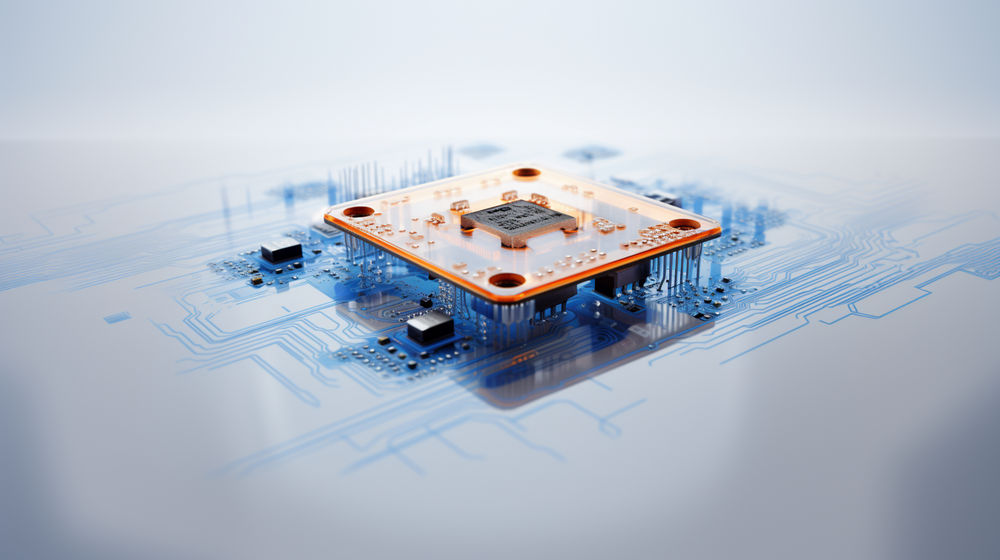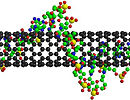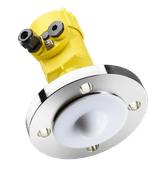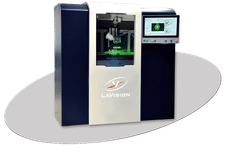BNC secures largest contract to date
Advertisement
Bio Nano Consulting (BNC) announced that it has recently signed its largest contract to date with a major chemical company. BNC has secured this contract as a result of unique intellectual property developed at its partner institutions of Imperial College and the London Centre for nanotechnology. The 12 month project aims to provide a consistent system for the separation of single walled carbon nanotubes (SWNTs) based on their electrical properties for improved micro-electronic performance. The work by BNC will develop the processes to a sufficient maturity to allow the client to license and further commercialise the technology.
The separation of SWNTs with well-defined chirality is the ‘holy grail’ of nanotube science and the development of better manufacturing and process techniques is vital to the future of carbon nanotechnology. Possible applications for Metallic SWNTs are indium tin oxide (ITO) replacement, electromagnetic interference (EMI) shielding, electrodes, field emission devices and transmission cables. In contrast, semiconducting nanotubes could be used in applications such as nanoelectronics, sensors, non-linear optical (NLO) devices, active components in photovoltaics, organic electronics, printed electronics and thin film transistors.
Other news from the department business & finance
These products might interest you
Most read news
More news from our other portals
See the theme worlds for related content
Topic world Sensor technology
Sensor technology has revolutionized the chemical industry by providing accurate, timely and reliable data across a wide range of processes. From monitoring critical parameters in production lines to early detection of potential malfunctions or hazards, sensors are the silent sentinels that ensure quality, efficiency and safety.

Topic world Sensor technology
Sensor technology has revolutionized the chemical industry by providing accurate, timely and reliable data across a wide range of processes. From monitoring critical parameters in production lines to early detection of potential malfunctions or hazards, sensors are the silent sentinels that ensure quality, efficiency and safety.




























































